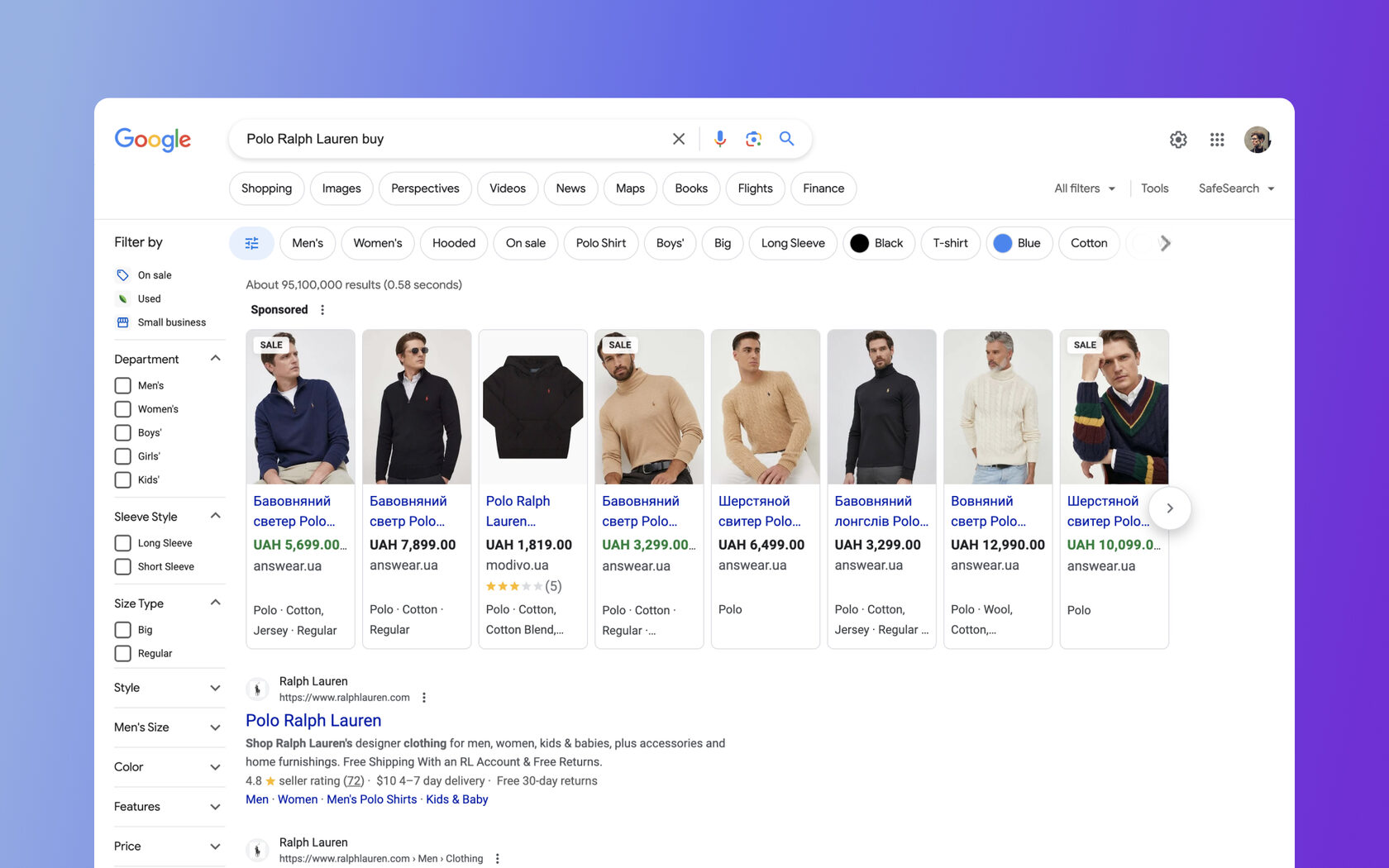In the ever-evolving landscape of ecommerce, establishing a robust online presence has become more critical than ever. As consumers increasingly turn to online platforms for their shopping needs, standing out amidst the competition has become a formidable challenge. This is where the strategic implementation of paid search comes into play, offering ecommerce businesses a powerful tool to boost visibility, drive targeted traffic, and ultimately enhance sales.
The Landscape of Ecommerce Today
- As of 2024, ecommerce continues to experience unprecedented growth, with an expanding number of businesses entering the digital marketplace.
- The surge in online businesses has led to a highly competitive environment, making it imperative for ecommerce ventures to adopt effective strategies to cut through the noise.
Understanding Paid Search
Paid search advertising is the cornerstone of online visibility, allowing businesses to place their products or services at the forefront of search engine results. This form of advertising involves bidding on keywords related to the business, with ads displayed prominently when users search for those terms. Key components of paid search include the careful selection of keywords, crafting compelling ad copy, strategic bidding, and precise audience targeting.
Benefits of Paid Search for Ecommerce
- Instant visibility and traffic: Paid search provides an immediate boost to a business’s online visibility, ensuring that potential customers see their products when searching for relevant keywords.
- Targeted advertising: Through precise targeting options, businesses can tailor their ads to specific demographics, locations, and user behaviors, reaching the most relevant audience.
- Measurable and trackable results: Paid search platforms offer detailed analytics, allowing businesses to measure the success of their campaigns and make data-driven decisions.
- Flexibility and scalability: Ecommerce businesses can adjust budgets, bids, and ad strategies in real-time, providing the flexibility to adapt to changing market conditions and scale campaigns as needed.
Google Ads and Beyond
- Dominance of Google Ads: Google Ads remains the powerhouse in the paid search landscape, capturing a significant share of online search traffic.
- Exploring alternative platforms: While Google Ads is essential, diversification through platforms like Bing Ads and social media ads can broaden an ecommerce business’s reach and target different audience segments.
Building a Successful Paid Search Campaign
- Thorough keyword research and selection: The foundation of a successful campaign lies in identifying and targeting the most relevant and high-performing keywords.
- Crafting compelling ad copy: Engaging and persuasive ad content is crucial for capturing user attention and driving clicks.
- Setting realistic budgets and bids: Striking a balance between budget constraints and bidding strategy is key to maximizing ROI.
- Leveraging ad extensions and features: Utilizing ad extensions and other features offered by paid search platforms enhances the visibility and appeal of ads.
Overcoming Common Challenges
- Managing budget constraints effectively: Ecommerce businesses often face budget limitations, and finding cost-effective ways to maximize visibility requires strategic budget management.
- Competing for high-value keywords strategically: High-value keywords can be competitive, but strategic bidding and long-tail keyword targeting can help businesses secure valuable clicks without breaking the bank.
- Adapting to changes in algorithms and policies: Staying informed about updates in search engine algorithms and policies is crucial to adapting paid search campaigns for sustained success.
Best Practices for Long-Term Success
- Regular monitoring and optimization of campaigns: Continuous monitoring of campaign performance allows businesses to identify areas for improvement and implement timely adjustments.
- A/B testing for continuous improvement: Testing different ad variations, keywords, and targeting parameters enables businesses to refine their strategies and enhance overall campaign effectiveness.
- Staying updated on industry trends: The digital landscape is dynamic, and ecommerce businesses must stay informed about emerging trends, algorithm changes, and consumer behavior to remain competitive.
Conclusion
In conclusion, paid search is not just an option; it’s a necessity for the sustained growth of ecommerce businesses in today’s competitive online marketplace. By embracing the benefits of instant visibility, targeted advertising, and measurable results, businesses can navigate the digital landscape with confidence. The landscape may be challenging, but with a well-crafted paid search strategy, ecommerce ventures can thrive and achieve long-term success. As we move forward, the key lies in adaptation, innovation, and a strategic embrace of the ever-evolving world of paid search advertising.
